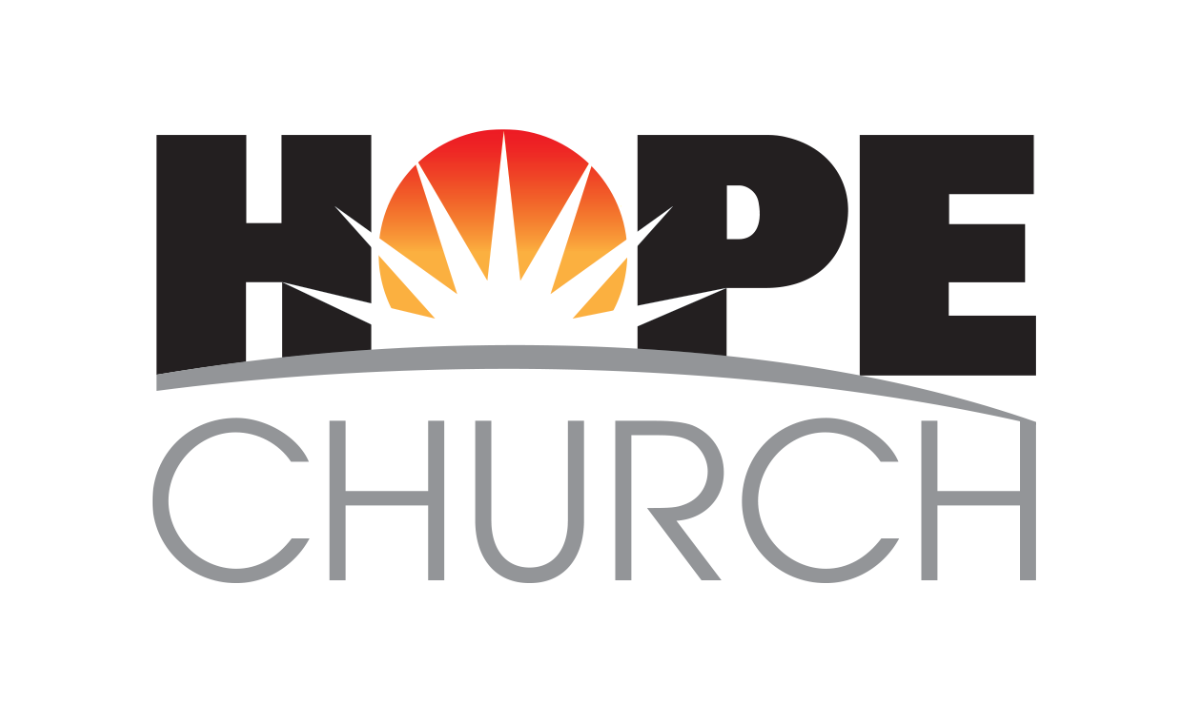Five Truths About The Church Being Multi-Ethnic
This is the third installment of a series of blogs I am doing describing how the local church should reflect the kingdom of God by striving to be multi-ethnic, multi-generational, and multi-socioeconomic. It is by far the hardest piece I have attempted to write. If you watch television news, scroll social media or listen to any kind of talk radio, the issue of ethnicity will arise. It excites and incites listeners and gets “clicks” online. Yet many of these discussions are rooted in ignorance. Therefore, I am going to attempt to not add to this ignorance, but list a few propositions that I know to be true.
First of all, the church by definition is already multi-ethnic. The word for church simply means “gathering” and when God’s people gathered in the New Testament, there was a lot of ethnic diversity. It has been said that Peter’s speech at Pentecost was heard by people of at least 15 different languages. Luke writes in Acts 10:35 that God “accepts from every nation the one who fears him and does what is right.” The word for nation here is “ethnos” which means “ethnic” or people groups. So, the condition on which God accepts people is not based on ethnicity, but on attitude. He accepts people from every ethnic group, who fear Him.
Second, because God draws people from every background, churches should reflect this. In John 12:32 Jesus promised, “And I, when I am lifted up from the earth, will draw all people to myself.” Jesus is drawing all people to Himself. We simply need to make sure that we are not getting in the way of what God is doing. In Acts, we see people from all ages, tribes and languages. This is what should naturally happen. I am very fortunate to be part of church that is slowing becoming more multi-ethnic. We are not doing anything through programs or marketing to make this happen. We are simply focusing on lifting up Jesus while God is drawing people to Himself. The homogenous church simply is a phenomenon of American church history, patterns and marketing strategies.
Third, people from every background need Jesus equally. We all have common experiences that the church is uniquely equipped to address. We all, regardless of our background are sinners in need of forgiveness and salvation. We all live in a world that is broken. We all know people who have fear about issues such as finances, acceptance, children, relationships and the future. We all know what it is like to live with shame. We all know what it is like to be rejected. We all can know the joy of serving a savior that has forgiven us. There are the experiences that are unique to every Christian.
Fourth, it is not always easy to be part a multi-ethnic community. In Galatians 2:12-14, Paul had to confront Peter for retreating from the Gentiles when “certain men” from his past arrived. Paul writes: “For prior to the coming of certain men from James, he used to eat with the Gentiles; but when they came, he began to withdraw and hold himself aloof, fearing the party of the circumcision. The rest of the Jews joined him in hypocrisy, with the result that even Barnabas was carried away by their hypocrisy. But when I saw that they were not straightforward about the truth of the gospel…” Peter, regarded by many as the chief of the apostles, removed himself from his new brethren when it became more convenient, popular or expedient to distance himself from them and associate only with those from his similar background. Multi-ethnic ministry can sometimes be challenging, but no less necessary and rewarding.
If you notice, I used the phrase “multi-ethnic" instead of “multi-cultural” on purpose. Culture refers beliefs, customs or the ways of behaving that exists in any community. In order for there to be unity in, there must be only one set of dominant values. In the church, these are to be the clear Christian values taught in scripture. Therefore, we all must set aside some of the values of our background in order to align around the values of the community. As we continue to say, “I give up what I want so that someone else can get what they need.”
Finally, we must focus on the real race problem. We all have a race problem. The problem is that each of us are part of the one human race, and our human race is a sinful race. We all are descendants of Adam and Eve and therefore, we are all born with a sin nature. We may look and speak different, but each of us are born with a sinful heart that desperately needs redeemed. Yet we also have a race solution. Just as Adam brought sin to all of mankind, so the sacrifice of Christ makes salvation available to all people as well.

